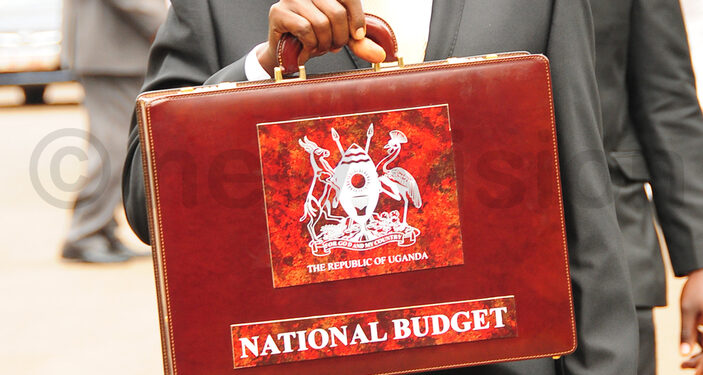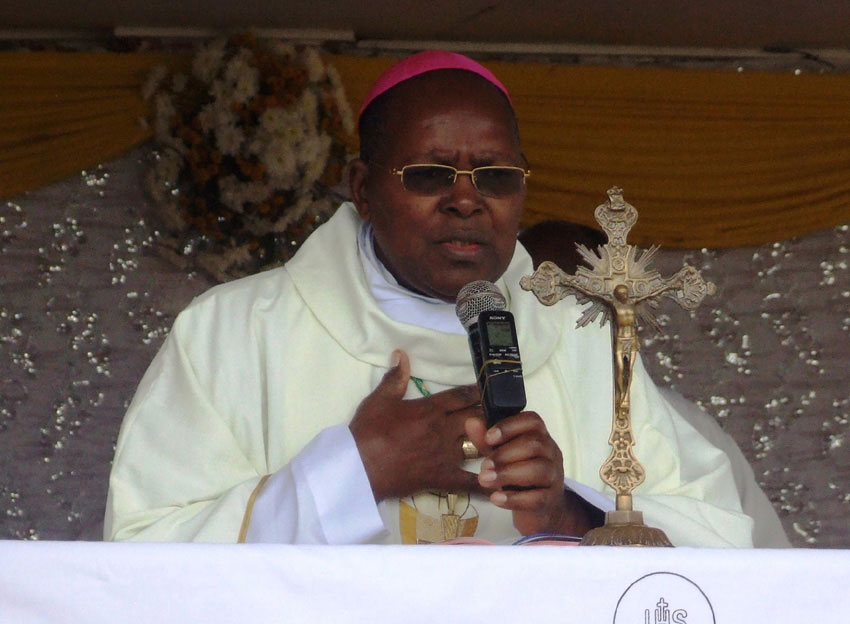As government prepares to read the 2023/24 financial year National Budget today, Civil Society Organizations (CSOs) and women MPs have warned that the state will pay heavily for meager funds allocated to the Health Ministry.
Though government expenditure on health has more than doubled since 2016, government’s per capita health expenditure is far below that recommended by World Healthy Organization (WHO). According to WHO, health spending in Uganda covers 1/3 of what is needed to meet its minimum health care package.
Government budget for the health sector stood at UGX 3722 billion in 2022/23 financial year, showing an increase from UGX 3375 billion in 2021/2022. According to the National Budget Framework Paper for 2023/24, government has increased the figure to UGX 4,179.2 billion.
However, experts warn this amount is extremely low, compared to the serious challenges the health sector in Uganda is enduring. They contend that the figure is far below the required amount to sufficiently address serious crises in the health sector, characterized by unpaid arrears and salary enhancements for medics, dilapidated stractures at health centers, over congestion of patients in wards, inadequate drugs for patients, unpaid utility bills and worn out equipment.
CSOs tailored towards promoting better healthcare and respect for human rights in Uganda have warned of serious consequences for the state, noting that significant less amounts of money allocated to health care will lead to the collapse of the country’s health sector, which is already struggling with inadequate personnel and equipment.
Women legislators led by Hon. Kabahenda Rwabuhoro of Kyegegwa, and Hon. Flavia Nabagabe Kalule of Kassanda have warned of the worst times come next financial year, due to what they say are ‘pea nut funds’ apportioned to the health sector.
The concerned MPs and members of the civil society have warned that unrest will rock the country come 2023/24 financial year, due to a highly likelihood of demonstrations and uprisings by medics, fueled by ‘pea nut monies’ set aside to pay medical personnel, stock health centers with equipment and drugs.
“Even as the budget gets passed in its nature, with money for crucial sectors significantly small, we shall not keep a blind eye, every opportunity that we get will be used to call for improvements and we are issuing a warning as MPs, we shall embark on a campaign to frustrate any supplementary budget that will not entail showering more support to the health sector,” warned Hon. Rwabuhoro.
She urged other law makers not to pass any versions of supplementary budget, that does not entail bolstering funds for the health sector.
Forum for Women in Democracy through its Executive Director Patricia Munabi said that a great task lies ahead for MPs to work against such prioritization crises in future budgets, because the health sector forms the basis for the progression of other sectors of the economy.
It should be noted that government of Uganda has increasingly apportioned less than 15% of the national budget funds to the health sector, contrary to the 2001 Abuja declaration. According to this declaration, states including Uganda pledged to spend 15% or more of their national budgets on health care.
Warnings of tougher times by CSOs point to the trying times Uganda’s health sector is currently enduring. In the past months starting from March, medical interns, senior medics and supporting stuff including cleaners have taken to industrial actions due to unpaid arrears, while National Water and Sewage Corporation (NWSC) has been busy disconnecting water supply in key government health centers due to unpaid bills.
Worse still, the situation in some government centers is extremely appalling. On June 13th, the Leader of Opposition in Parliament (LOP) Hon. Mathias Mpuuga Nsamba visited Mukono General Hospital and decried the congestion characterized by sharing of wards by patients of different categories.
Do you have a story in your community or an opinion to share with us: Email us at editorial@watchdoguganda.com













